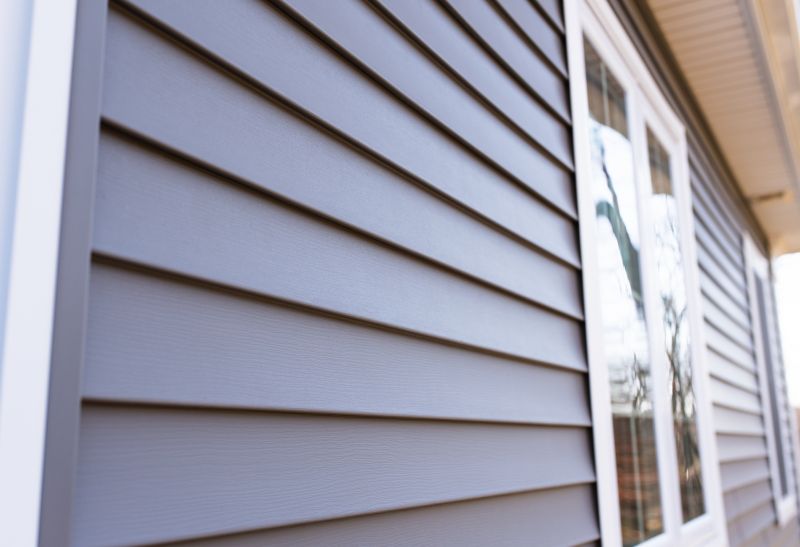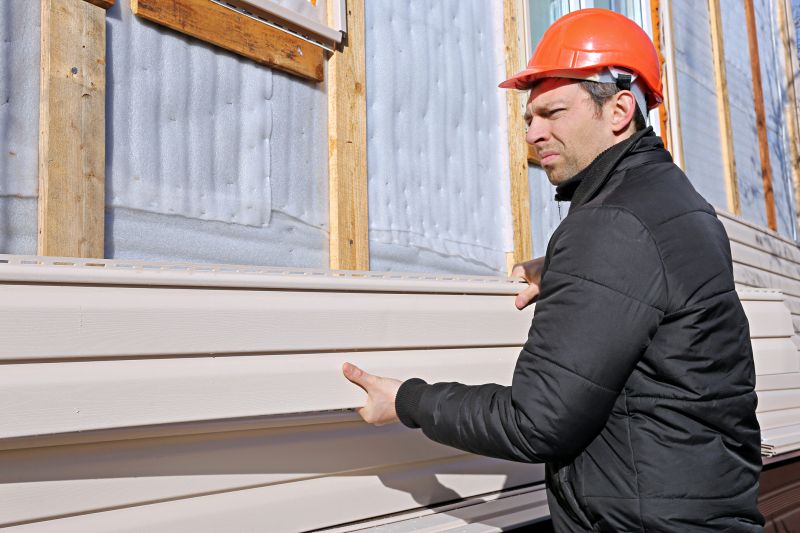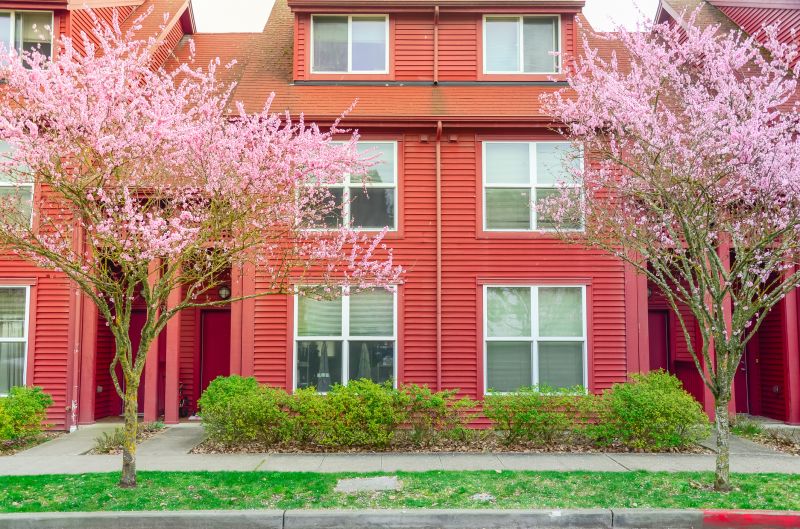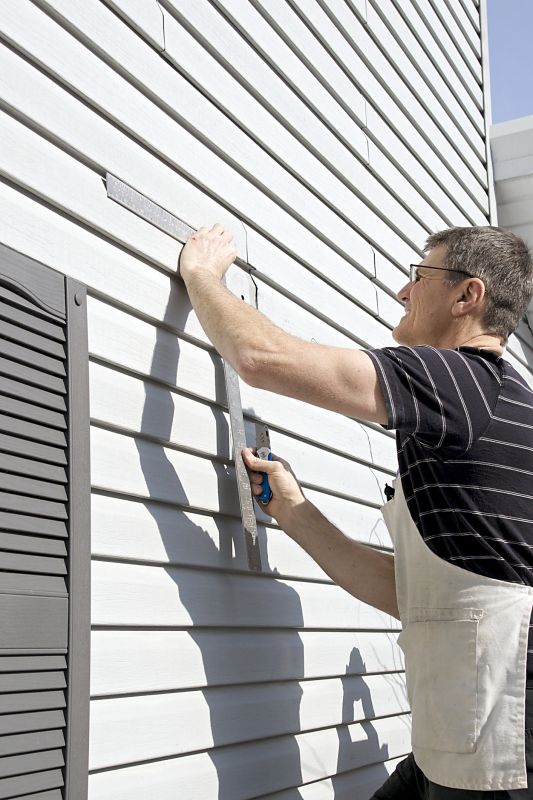Optimal Seasons for Siding Service
Siding service can be performed throughout the year, but optimal conditions depend on weather and temperature. The most suitable times are during mild seasons when temperature fluctuations are minimal, typically in spring and fall. These periods allow for better installation conditions and help ensure the longevity of the siding materials.
Spring offers moderate temperatures and lower humidity, ideal for siding installation or repairs. Scheduling during this season can prevent delays caused by extreme weather.
Fall provides cooler weather and less rain, making it a favorable time for siding projects. It also allows for preparation before winter.
Extreme heat in summer can cause siding materials to expand or contract improperly, while winter's cold and snow can delay work and affect material performance.
Unpredictable weather patterns can impact siding service schedules. It's best to plan ahead and monitor forecasts for optimal installation windows.

Image depicting siding work during spring with clear skies and mild weather.

Image showing siding repair in autumn with colorful leaves in the background.

Image illustrating siding installation on a sunny day with moderate temperatures.

Ways to make Siding Service work in tight or awkward layouts.

Popular materials for Siding Service and why they hold up over time.

Simple add-ons that improve Siding Service without blowing the budget.
| Season | Best Practices |
|---|---|
| Spring | Schedule during mild temperatures and avoid late frosts. |
| Summer | Limit siding work to early mornings or late evenings to avoid heat. |
| Fall | Plan before cold weather sets in; ideal for preparation. |
| Winter | Generally not recommended due to cold and snow delays. |
| Year-round | Monitor weather forecasts for optimal installation windows. |
Siding service enhances the durability and appearance of building exteriors. Proper timing ensures that materials are installed under optimal conditions, reducing the risk of issues such as warping, cracking, or moisture intrusion. Seasonal considerations can also influence the longevity of siding, with milder weather helping to prevent damage caused by extreme temperatures or precipitation.

Image of siding installation during spring with blooming trees.

Image showing siding repair in fall with falling leaves.

Image of siding being installed on a clear, mild day.

Image illustrating the difficulties of siding work during winter snow.
Choosing the right time for siding service can lead to better results and longer-lasting exteriors. Planning around seasonal weather patterns helps ensure that siding projects are completed efficiently and effectively. Interested individuals are encouraged to contact for further information or to schedule an assessment.







